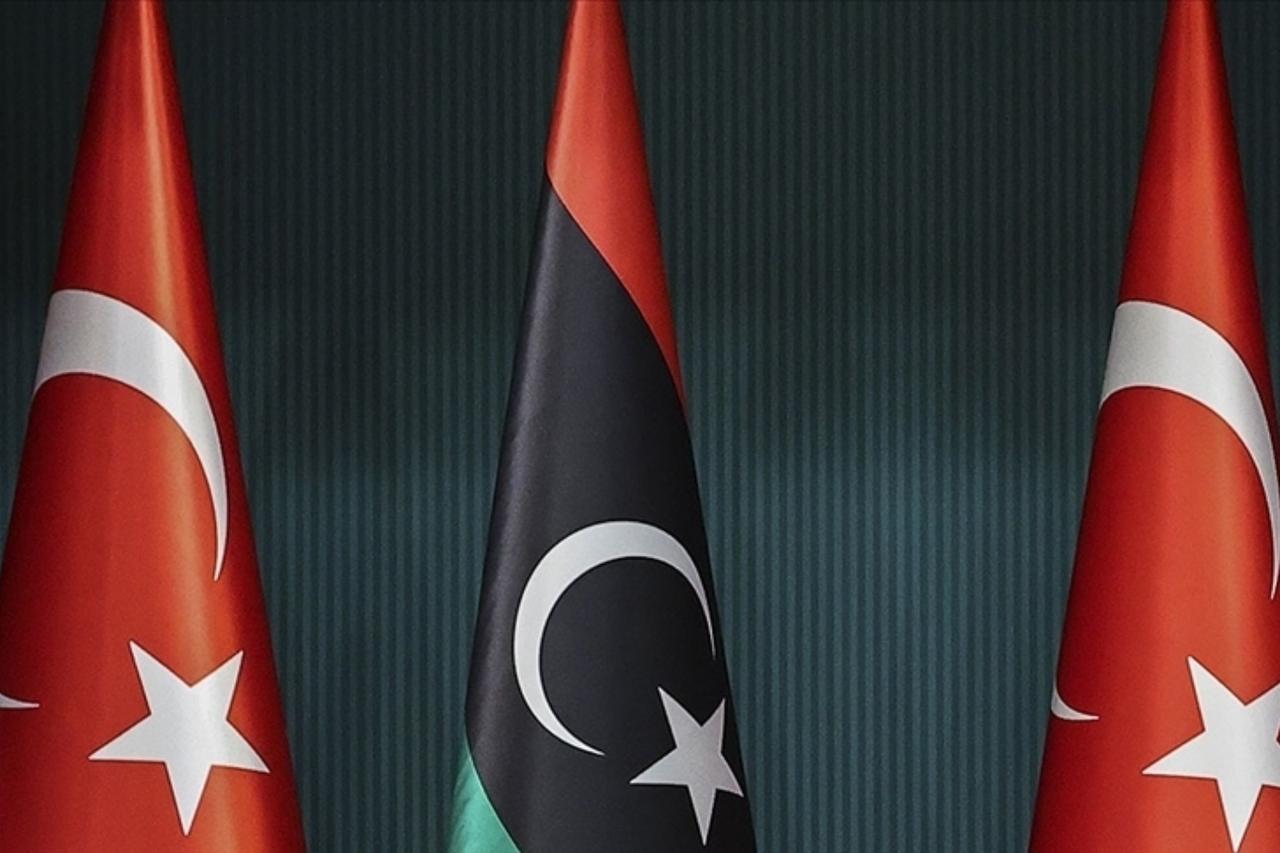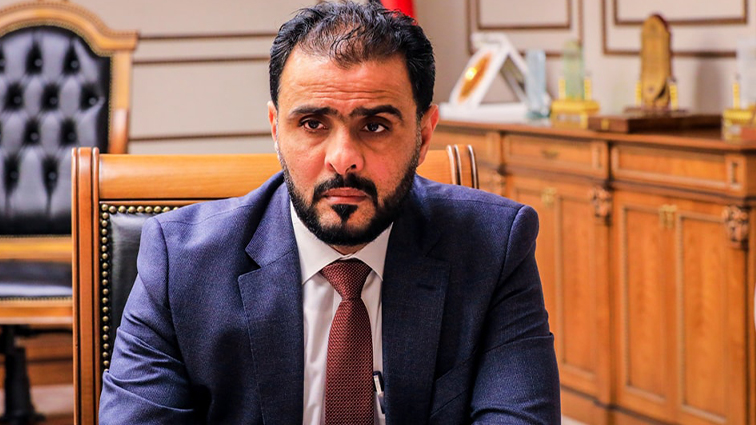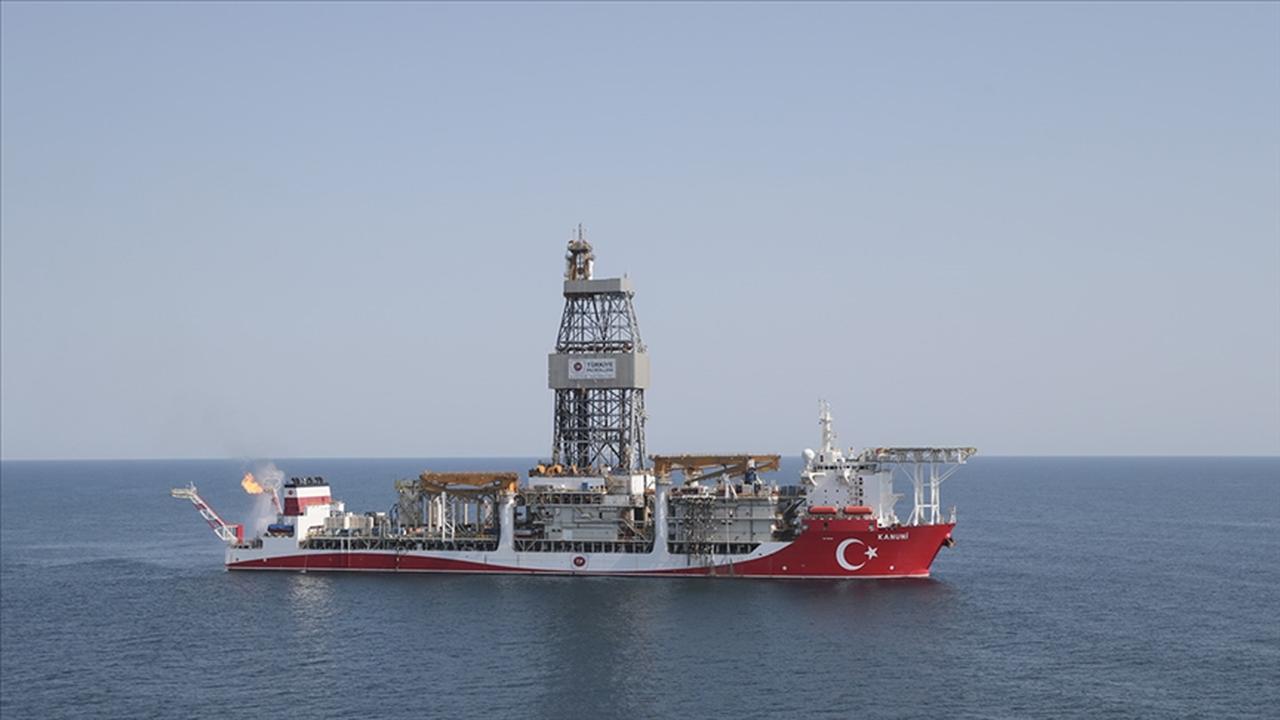
Libya's parliament-designate Prime Minister Osama Hammad has firmly dismissed recent remarks from Greek officials questioning the validity of the Libya–Türkiye maritime agreement, asserting that Tripoli will not tolerate interference in its sovereign decisions.
The statement came during a graduation ceremony for police officers in Tripoli on Saturday, where Hammad defended the controversial accord as being fully aligned with international law.

In a pointed address, Hammad stressed that the maritime agreement with Türkiye, signed in 2019, does not infringe on the sovereignty of any third country. Instead, he underlined Libya’s right to establish international partnerships that serve national interests and promote regional stability. “These agreements are part of our sovereign jurisdiction and are not open to foreign review or political pressure,” he stated.
The prime minister warned that continued provocations from Greece would only escalate regional tensions. He also asserted Libya’s right to respond to any threats to its territorial integrity or political independence.
Hammad further emphasized that all foreign diplomatic missions and international organizations operating in Libya are bound by Libyan law. Their entry and operations require formal approval from the Ministry of Foreign Affairs and security bodies. He called on Libyan institutions to ensure compliance with these requirements in order to uphold national sovereignty.

Hammad’s latest remarks followed Greece’s objection to a new energy cooperation deal between Türkiye’s state-run oil company, Turkish Petroleum (TPAO), and Libya’s National Oil Corporation (NOC). Greek Prime Minister Kyriakos Mitsotakis brought the issue before EU leaders, focusing his criticism on the 2019 Türkiye–Libya maritime boundary agreement rather than the recent seismic survey accord.
The new deal builds on a 2022 hydrocarbons memorandum of understanding, which had already granted Turkish firms the right to conduct offshore exploration and drilling in Libyan waters. Both agreements are regarded as extensions of the Maritime Boundary Delimitation Agreement signed by Libya and Türkiye on November 27, 2019.
That foundational pact aimed to secure mutual maritime rights in the Eastern Mediterranean and has since remained a focal point of geopolitical tensions in the region.